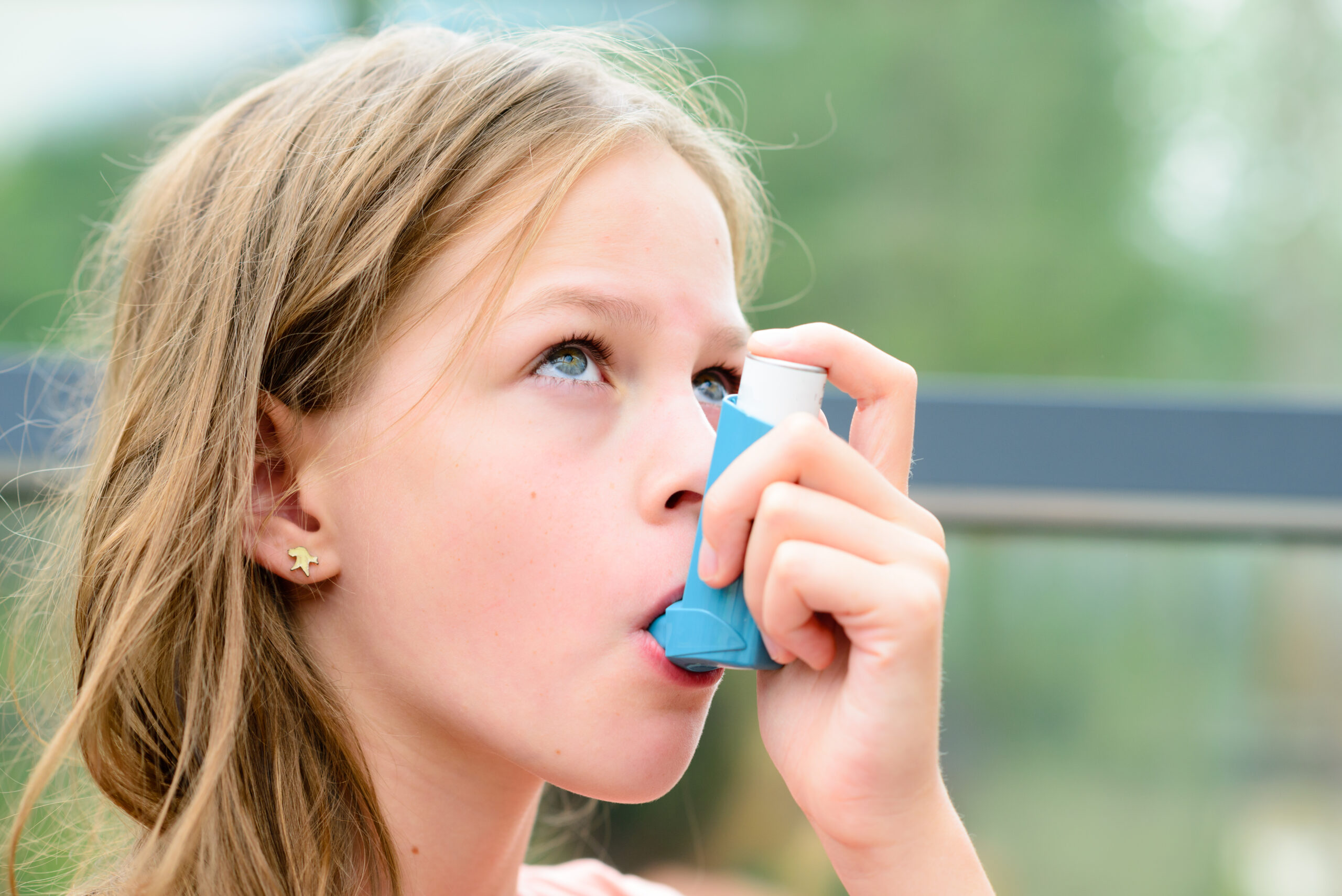Cooking with gas a health hazard, EU not regulating it
Indoor air pollution from gas cooking poses a health hazard to over 100 million European households, according to a new study.

Gas cooking appliances pose dangers to human health and more than 100 million European households may be exposed to indoor air pollution from gas stoves that would violate outdoor air quality regulations, according to a new study. However, there are no European-wide or Member State policies that protect households from the health and environmental threats from gas cooking appliances.
The research, published on January 8 by CLASP, an NGO specializing in the energy performance of appliances and equipment, and EPHA, a healthy advocacy network, included a worldwide literature review on the health impacts of gas cooking appliances and also policy recommendations for the EU to shift to electrification options for cooking.
“The European Environment Agency recognizes air pollution as the biggest environmental health risk in Europe. Ambient outdoor air quality is regulated at the EU level, however much less has been done for the indoor environment, although we tend to spend the overwhelming majority of our time indoors,” Cristina Pricop, Junior Policy Manager at the European Public Health Alliance (EPHA), and a co-author of the report, said in a public webinar. “For households that use them, gas cookers are one of the main sources of indoor air pollution and they lead to detrimental health impacts.”
And an estimated 700,000 children in the EU have suffered asthma symptoms in the past year due to cooking with gas, according to the study.
“A more positive interpretation of this would be to say that 12 percent of current pediatric asthma cases could be avoided if gas cookers were removed from those European homes,” Pricop said.
Gas stoves emit nitrogen dioxide, carbon monoxide, particulate matter, and other toxic pollutants that can cause headaches, nausea, and respiratory ailments. Unburned gas (methane) can also leak from gas stoves, releasing potent greenhouse gases into the atmosphere. Those leaks can even occur when stoves are turned off, as Gas Outlook previously reported.
The new research came to the same conclusion. CLASP and TNO Laboratories tested six new European gas hobs and found that they leaked methane even when they were switched off.
“Off does not mean off. They are in fact leaking a small percentage of methane all the time,” said Michael Scholand, a technical advisor to CLASP, and a co-author of the report.
CLASP called on the EU to adopt laws to protect households from the dangers of gas stoves, and also for a swifter transition to electric cooking appliances as soon as possible. The researchers warned that gas cooking threatens to undermine EU targets to become climate-neutral by 2050.
Meanwhile, in the U.S., a separate study published in a peer-reviewed journal in late December found that roughly 12.7 percent of all childhood asthma cases nationwide can be attributable to pollution from gas stoves.
The growing recognition of the public health dangers of gas cooking is catching the attention of regulators. The US Consumer Product Safety Commission, a federal agency that regulates consumer products, is looking into the problem. Bloomberg News reports that the agency is even considering a national ban on gas stoves.
“This is a hidden hazard,” said Richard Trumka Jr., an agency commissioner. “Any option is on the table. Products that can’t be made safe can be banned.”



